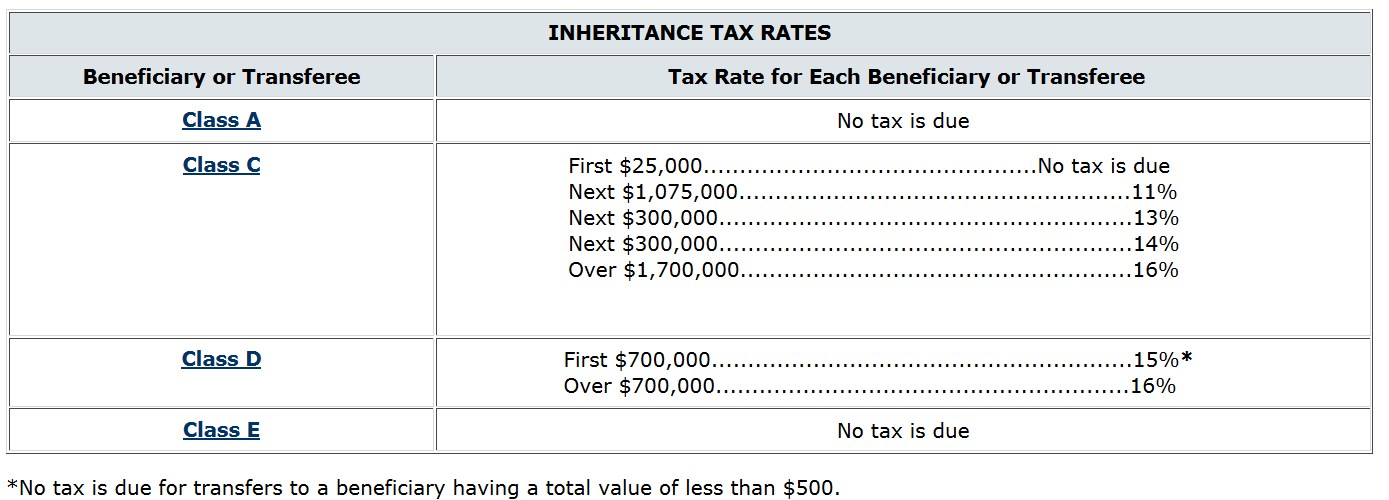
Certain deductions from the "gross estate" are allowed to arrive at the "taxable estate". The starting point in the calculation is the "gross estate". Taxpayers commonly arrange their affairs to soften the impact of federal taxation. estates is taxable, reflecting that exemption levels are high and transfers to surviving spouses are entirely excluded from taxable estates but those estates that are subject to federal taxation typically face high rates. In practice, only a small fraction of U.S. One of the major concerns that motivate estate planning is the potential burden of federal taxes, which apply both to gifts during lifetime and to transfers at death. Many American states have repealed the rule against perpetuities, raising concerns that the combination of tax incentives and new legal rights encourages the devotion of vast wealth to perpetual trusts designed to benefit distant generations, avoid taxes, and maintain a degree of control over the financial affairs of descendants in perpetuity. Until recently such transfers were impeded by the rule against perpetuities, which prevented transfers to most potential not-yet-born beneficiaries. The federal estate tax is imposed "on the transfer of the taxable estate of every decedent who is a citizen or resident of the United States." įederal estate taxes give very wealthy families incentives to transfer resources directly to distant generations in order to avoid taxes on successive rounds of transfers. Federal estate tax Įstate tax returns as a percentage of adult deaths, 1982–2008. As a result, about 3,200 estates were affected by this 2018 increase and were not liable for federal estate tax. In 2018, the exemption doubled to $11.18 million per taxpayer due to the Tax Cuts and Jobs Act of 2017. For 2017, the exemption increased to $5.49 million. Because of these exemptions, it is estimated that the largest 0.2% of estates in the U.S. In addition, a maximum amount, varying year by year, can be given by an individual, before and/or upon their death, without incurring federal gift or estate taxes: $5,340,000 for estates of persons dying in 20, $5,450,000 (effectively $10.90 million per married couple, assuming the deceased spouse did not leave assets to the surviving spouse) for estates of persons dying in 2016. If an asset is left to a spouse or a federally recognized charity, the tax usually does not apply. Recent opponents have called it the "death tax" while some supporters have called it the " Paris Hilton tax". The estate tax is periodically the subject of political debate. Six states have " inheritance taxes" levied on the person who receives money or property from the estate of the deceased.


In addition to the federal government, 12 states tax the estate of the deceased. The other part of the system, the gift tax, applies to transfers of property during a person's life. The estate tax is part of the federal unified gift and estate tax in the United States. Other transfers that are subject to the tax can include those made through a trust and the payment of certain life insurance benefits or financial accounts. The tax applies to property that is transferred by will or, if the person has no will, according to state laws of intestacy. In the United States, the estate tax is a federal tax on the transfer of the estate of a person who dies.


 0 kommentar(er)
0 kommentar(er)
